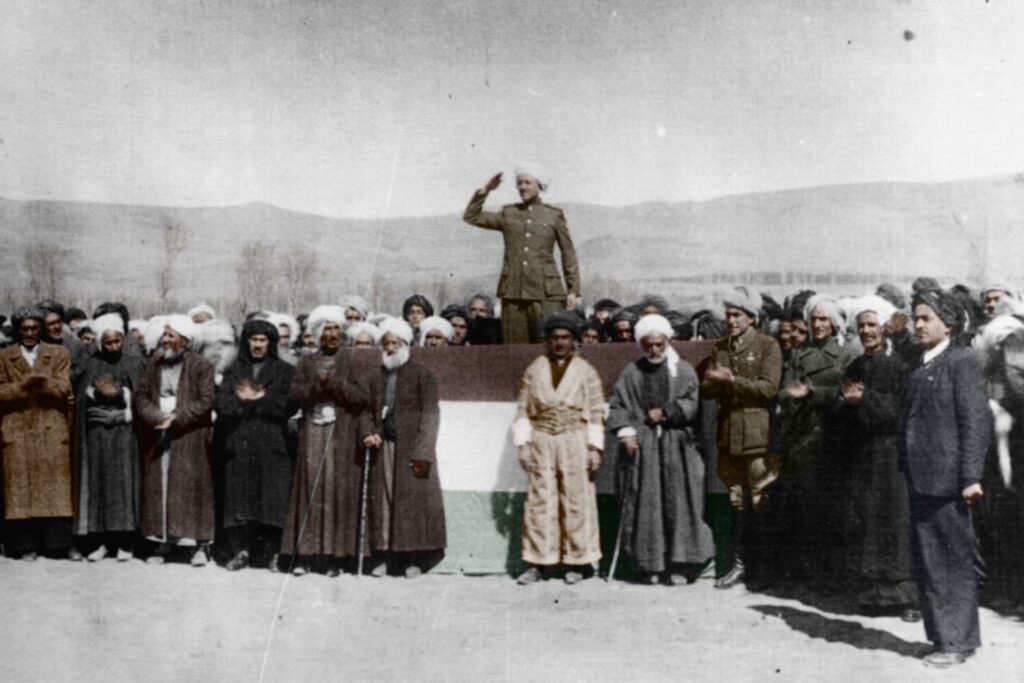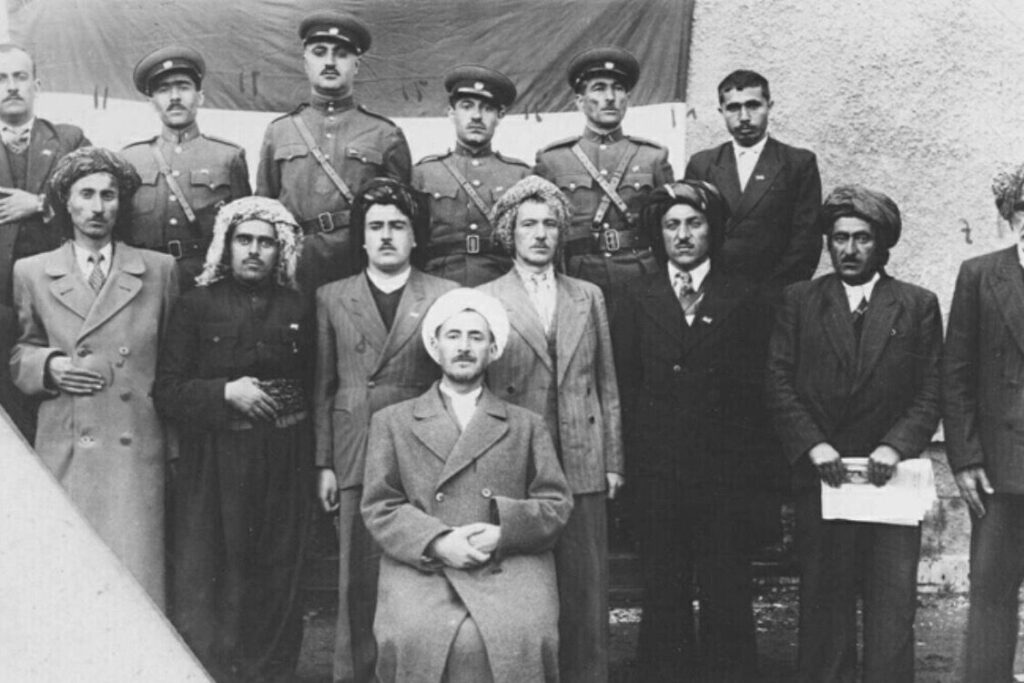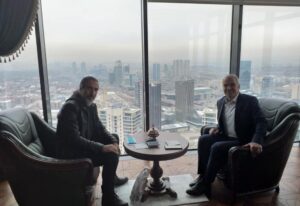Macro And Micro Nationalism

Macro and Micro Nationalism
From the primitive communal period to the present, from digital age to changing forms of life, much has changed and will continue to change. However, human beings still exist in their original essence. Perhaps our desires have multiplied, and life imposes new things on us, but our core essence as the first human still calls us and persists within us. In the primitive communal period, ideas were generated, plans were made, and labor was produced according to the daily needs of life. Because life, nourished by wheat and the culture of the land, fed from nature, and the spirits of ancestors could satisfy their instincts.
Hunting and gathering were important basic needs in the wheat and natural culture, meeting the needs of societies, nature, and thus, enjoying production.
When did people say, « my share »? Humanity began to change and transform the day it said, « my share ». As people’s needs increased, gathering and production also increased, and the imposition of surplus labor came into being. This surplus value became a step that completely destroyed and transformed human relations, life, the philosophy of life, ideology, and purpose of life.
The emergence of micro-nationalism began with the imposition of a new way of life from the primitive communal period and ancient life. We cannot delve into this subject extensively, but as a brief example, we can partly describe it as the formation of tribal systems, feudal structures, and city-state formations. Of course, taking into account the fundamental scientific theory that « history is evaluated according to its own era »…
Reality shows us that life imposed a micro-nationalism that protected and preserved its circle during that period. This micro-nationalism, which did not allow others into its circle and was « progressive » as a whole, now has the potential to be used, albeit with retrogressive and divisive aspects.
Micro-nationalism has become a powerful argument for capitalists and imperialists to divide, govern other peoples, and perpetuate their own capital and exploitation order.
This reality is most evident in the Kurdish people. Those who have plans and intentions for the Kurdish people still play this game in the best possible way. After World War I, the Kurdish people were divided into five parts, so to speak. The efforts of England and France in this regard are « commendable ». This division was completed by both building walls between them and creating artificial lines, ideological, philosophical, and religious boundaries. We will address the reasons for this in another of our writings.
Coming to our present day, if micro-nationalism is being imposed and played upon the Kurdish people, and if our people still say, « I am Zaza, I am from Kirmanşah, I am Kurmanji, I am Yazidi, I am Alevi Soran, Goran, » will our people be able to realize that they are tearing themselves apart by dividing into regions, each raising its own flag and stick?
Macro Nationalism
If we say that macro-nationalism gained importance with the French Revolution and the Industrial Revolution, it would be correct. Nationalism and the nation-state had become an indispensable reality of the new world order. The new life was certainly being constructed on the backs of workers by capitalists. While the world was building a new life on its own legs, we were in a contrary situation, both militarily, politically, and politically. While all nations were building a new life on their own legs, we were choosing life in deep contradictions, as we are today.
All nations have self-governance on earth. Even the most primitive tribe in Africa is more progressive than us in terms of self-awareness, self-knowledge, and defending and developing their rights. This situation arises from the absence of politics, not knowing what we want.
If today micro-nationalism is being imposed on our people and this game of division is being played, and our people continue to say, « I am Zaza, I am from Kirmanşah, I am Kurmanji, I am Yazidi, I am Alevi Soran, Goran, » the sole reason for this is the lack of politics, the prohibition of nationalism.
Nationalism is forbidden to the Kurds

Seba ke ti bultenê ma yê nasnayîşî bigîrê/a ma de têkilî rone!



